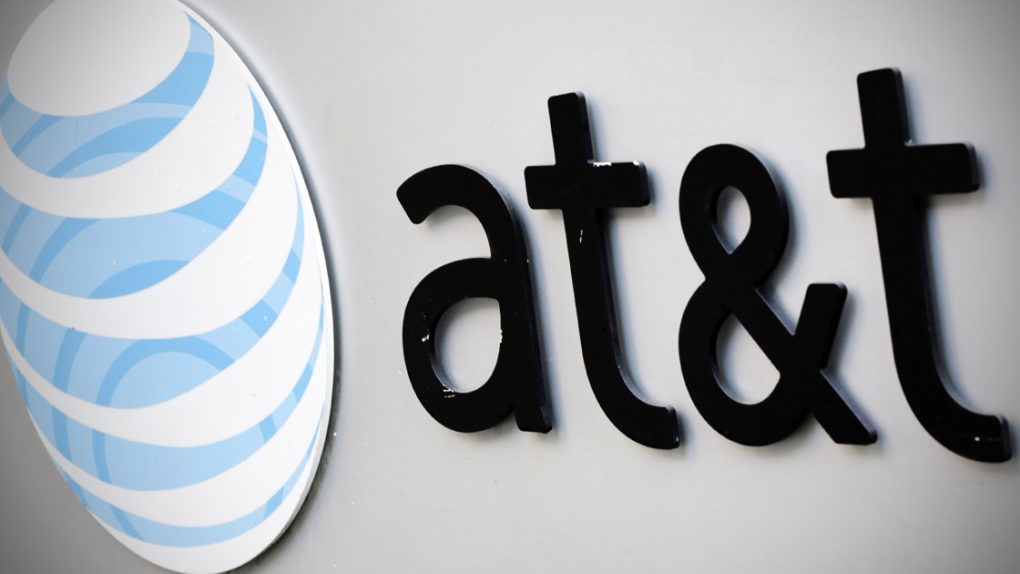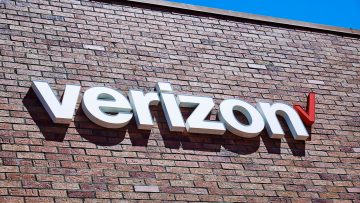According to a new study from Nerdwallet, U.S.-based telecos are still making bank on smartphone overage fees. Over the past few years, data plans have undoubtedly become more user-friendly with respect to the amount of data offered. However, because we use our smartphones for more data-intensive activities than ever before — such as streaming Netflix for hours on end — many users are still finding themselves penalized for going over.
DON’T MISS: This video might be our first look at a new Apple device no one even knew was in development
While some carriers like Sprint lure customers in with unlimited data, Nerdwallet found that other telecos, specifically Verizon and AT&T, are still using overage charges to pad their respective bank accounts. Specifically, Nerdwallett reports that Verizon and AT&T, in 2016 alone, have already generated upwards of $600 million in revenue on overage charges alone.
While AT&T and Verizon have both implemented various “safety net” plans designed to prevent users from racking up huge bills, many users are still on pre-existing plans and, to be blunt, there’s still a whole lot of money to be made.
What’s more, the study found that AT&T and Verizon subscribers who join plans that throttle data when a certain threshold is met as opposed to charging for it may still be getting the short-end of the stick. Specifically, the surcharges associated with the aforementioned data-throttling plans can often outweigh the penalties associated with traditional overage fees.
If you have a so-called legacy plan, meaning you haven’t switched to one of the new plans, it’s likely you’re still subject to overage fees at the two top carriers. But the study, using data from My Data Manager, found that for the majority of consumers, switching to the new, usually larger data plan isn’t worth it. You’ll typically pay more in higher monthly charges than you would have paid for the occasional overage fee.
In many respect, large telecos are exactly like U.S. cable companies. One way or another, they’re going to find ways to empty your wallet and keep their pockets fat.




